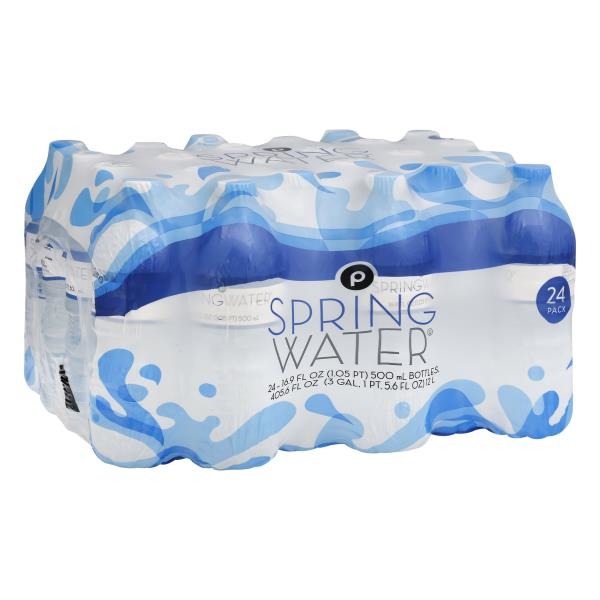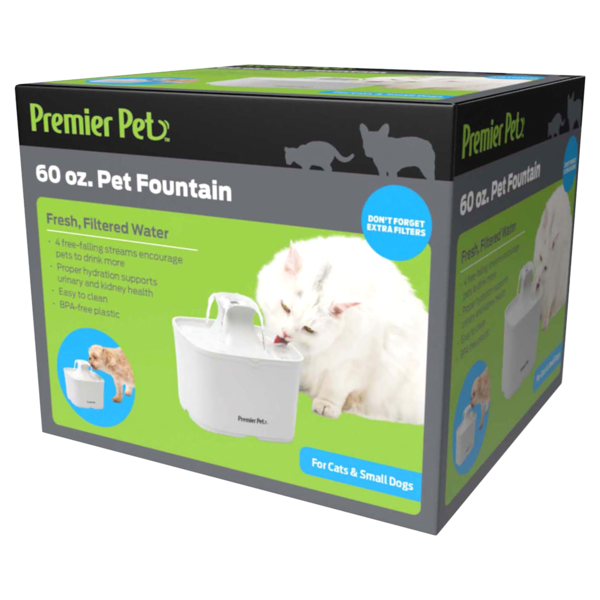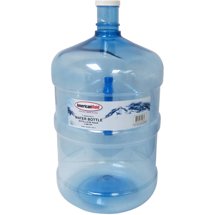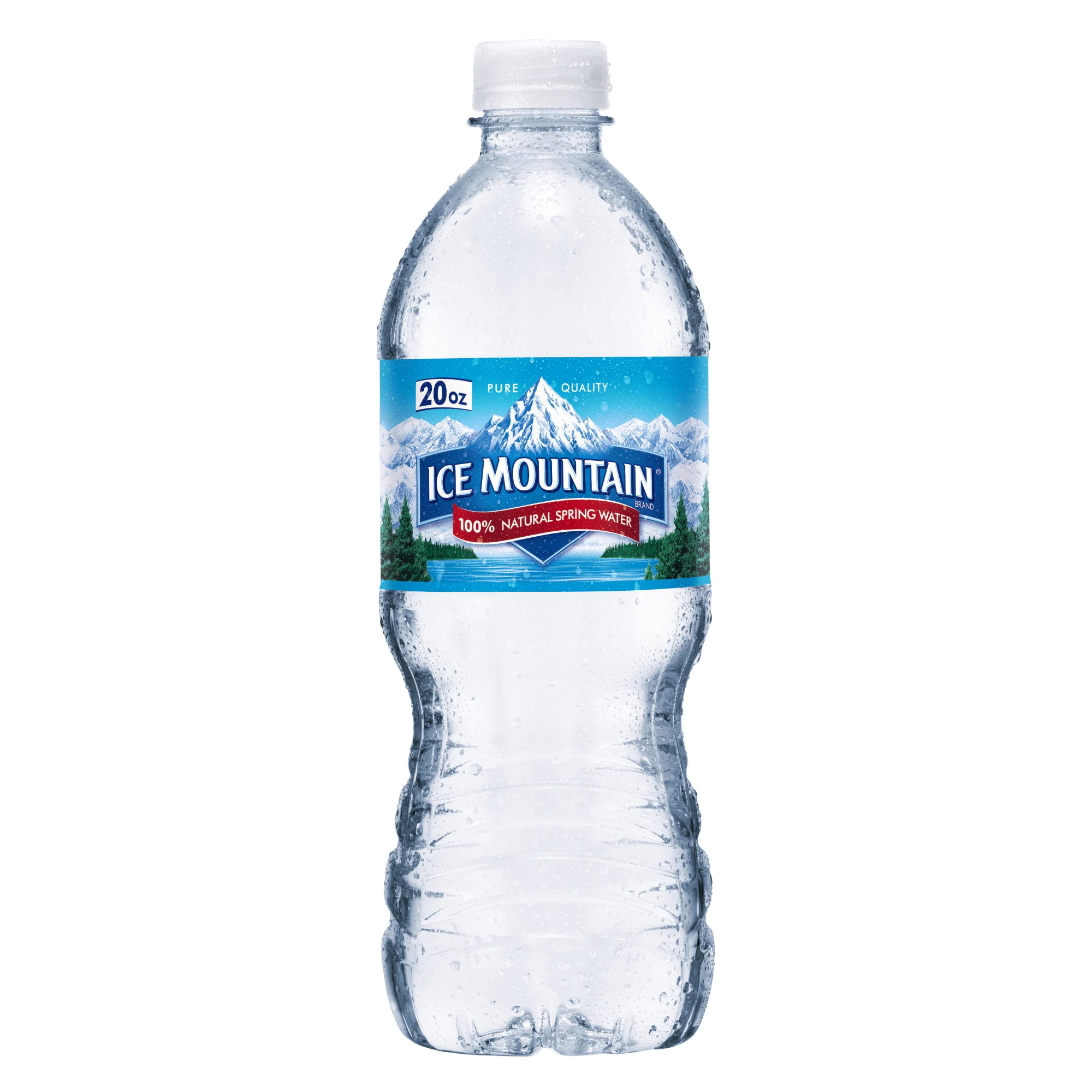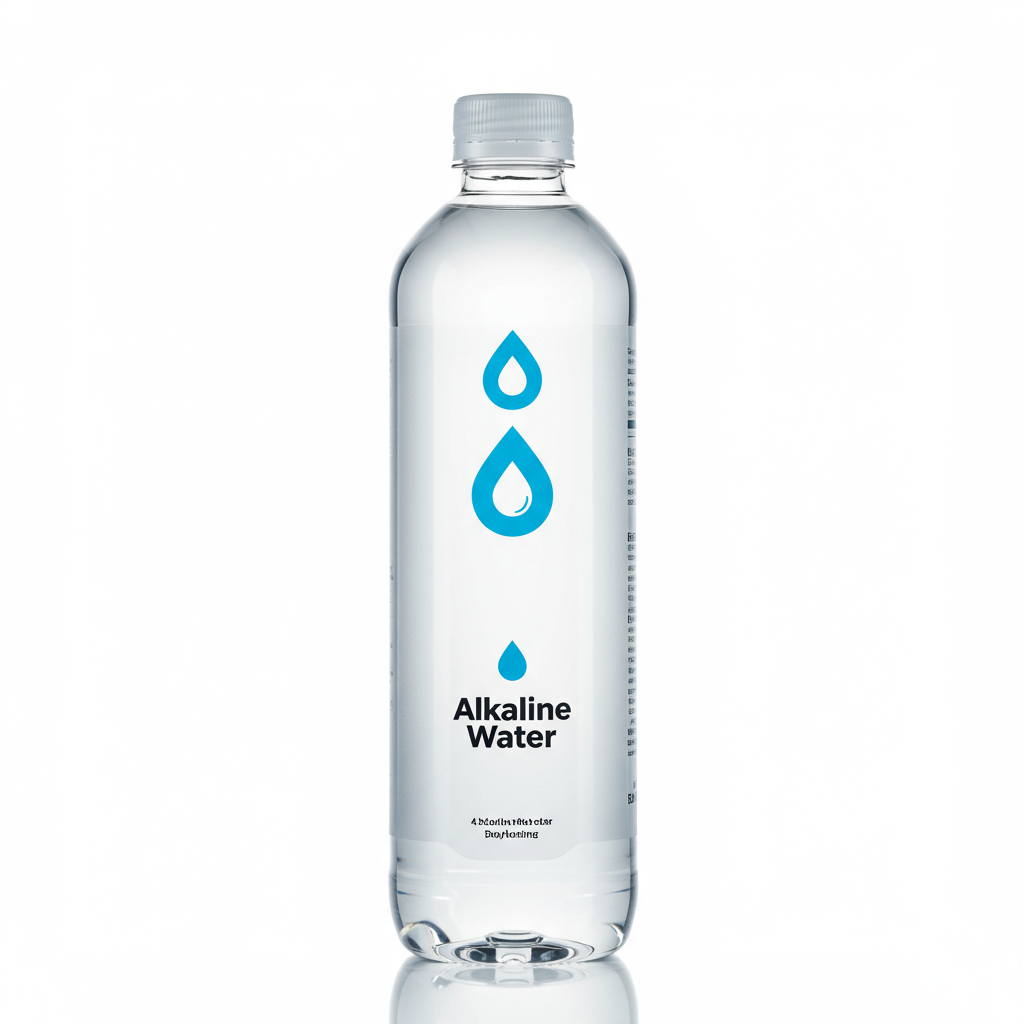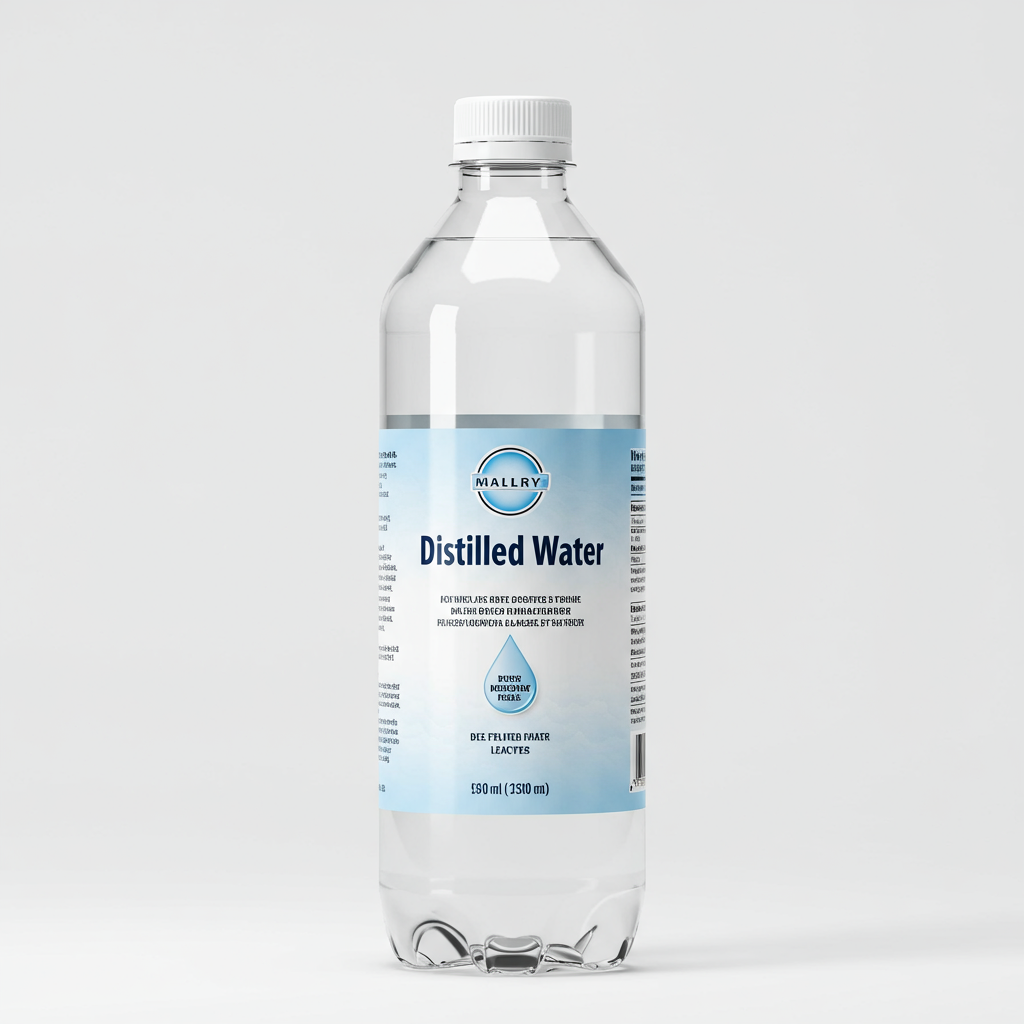BEVERAGES
SOUPS
Water
Water, a ubiquitous and essential substance, consists of two hydrogen atoms bonded to one oxygen atom—forming the molecular compound H2O. A colorless, odorless, and tasteless liquid at standard conditions, water is critical for the sustenance and growth of all known forms of life on Earth. It naturally occurs in various states, such as solid (ice), liquid, and gas (water vapor or steam).
Water performs crucial biological and chemical processes within living organisms, and it is one of the most important solvent substances, dissolving a wide range of solutes. Additionally, water plays a vital role in regulating global climate through its various forms in the Earth's hydrologic cycle.
#2
IN WATER
$0.02
AVG / OZ
2,604 Water Products
Publix Spring Water, 24 Pack
Brita Standard Replacement Water Filters for Pitchers and Dispensers, BPA Free
Brita Water Filtration System
Liquid Death Mountain Water
PUR PLUS Water Pitcher Replacement Filter - 3pk - PPF951K3: Reduces Odors, Filters Chlorine & Mercury, Blue
Brita Extra Large 27-Cup UltraMax Filtered Water Dispenser with Filter - Gray: Water Filtration, Hand Wash, Flip-Top Lid
Pet Fountain- Automatic water fountain for cats & small dogs, fresh, filtered water, promotes hydration, adjustable water flow, sleek, compact, easy to clean, filters included
ZeroWater Water Filters, Replacement, Zero Dissolved Solid, 5 Stage
PUR Faster Basic Water Pitcher Replacement Filter, PPF900Z3, 3 Pack | Newest Version
American Maid 5 gal Water Bottle
Used In 3,630 Recipes
5
Flavorful Turkey Sloppy Joes
5
One-Pan Rustic Italian Sausage Pasta
3
Cheesy Fiesta Tamale Skillet
4
Garlic Brown Sugar Glazed Chicken Thighs
6
Crispy Chinese Chicken
4
Explosive Flavor Firecracker Chicken
3
Unforgettable Honey Sriracha Baked Chicken
5
Citrus Shrimp and Avocado Quinoa Bowls
Water Is Frequently Used With
Water FAQ
Though water might seem like an uneventful ingredient, it is, in fact, the backbone of many culinary creations. Despite its relative simplicity, there are many considerations when cooking with water. More often than not, people go wrong by not giving due consideration to the temperature of the water, which plays a substantial role in achieving the right textures and flavors in food. For instance, cooking pasta in hot but not boiling water will result in a gummy consistency. To get the most out of water as an ingredient, consider what other ingredients are going into your dish. For instance, using mineral water can infuse your dish with a unique flavor profile. A little-known trick includes utilizing sparkling water in batter for a light, crispy outcome.
Why should water for pasta be salted?
What’s the significance of using ice-cold water in baking?
Why should we not add hot water directly to cake batter?
What is the reason for adding water to a slow cooker?
Why is water used as a cooking medium?
What is the effect of using boiled water in cooking?
Why do some recipes call for 'warm' water?
Why does adding cold water to boiling water make it boil faster?
Can I use mineral water for cooking?
Why is tap water sometimes not preferred for cooking?
Expiration & Storage Tips
When does water expire?
Water stored in properly sealed and undamaged plastic or glass containers should technically remain safe to consume indefinitely. However, the storage conditions can affect the quality and taste of water. It is generally recommended to use bottled water within 2 years for the best taste. Tap water, once poured to a cup, should be consumed within a few hours if left at room temperature, or within a few days if refrigerated. Freezing does not affect water's safety, but might affect the flavor, especially if stored in a non-airtight container.
How do you tell if water is bad?
Water doesn't really go 'bad', but it can be contaminated. If your water has a strange odor, peculiar color, or unusual taste, it might be best to play it safe and not drink it. Clarity can also be an indicator - cloudy water might be unsafe. This is especially true for tap water.
Tips for storing water to extend shelf life
• Always store sealed water bottles in a cool and dark place, like a pantry, to maintain its best taste. Avoid direct sunlight or warm places.
• If your tap water is chlorinated, let it sit uncovered in the fridge for a few hours before drinking to allow the chlorine to dissipate.
• To store tap water for emergency purposes, fill clean, food-safe containers to the top and seal them tightly. Store these containers in a cool, dark place and label it with the date. Consider replacing this stored water every six months.
• Freezing water in plastic bottles is safe, but ensure there's some space for the water to expand.
• Refrigerate open containers of water and use within a few days.
EXPIRES WITHIN
27 - 27.4
YEARS
Equivalents
Health Info
Macros
Allowed on these diets
LOW FAT
HIGH CALCIUM
VEGETARIAN
KETO
PALEO
WHOLE 30
MEDITERRANEAN
LOW CARB
VEGAN
LACTOSE FREE
GLUTEN FREE

